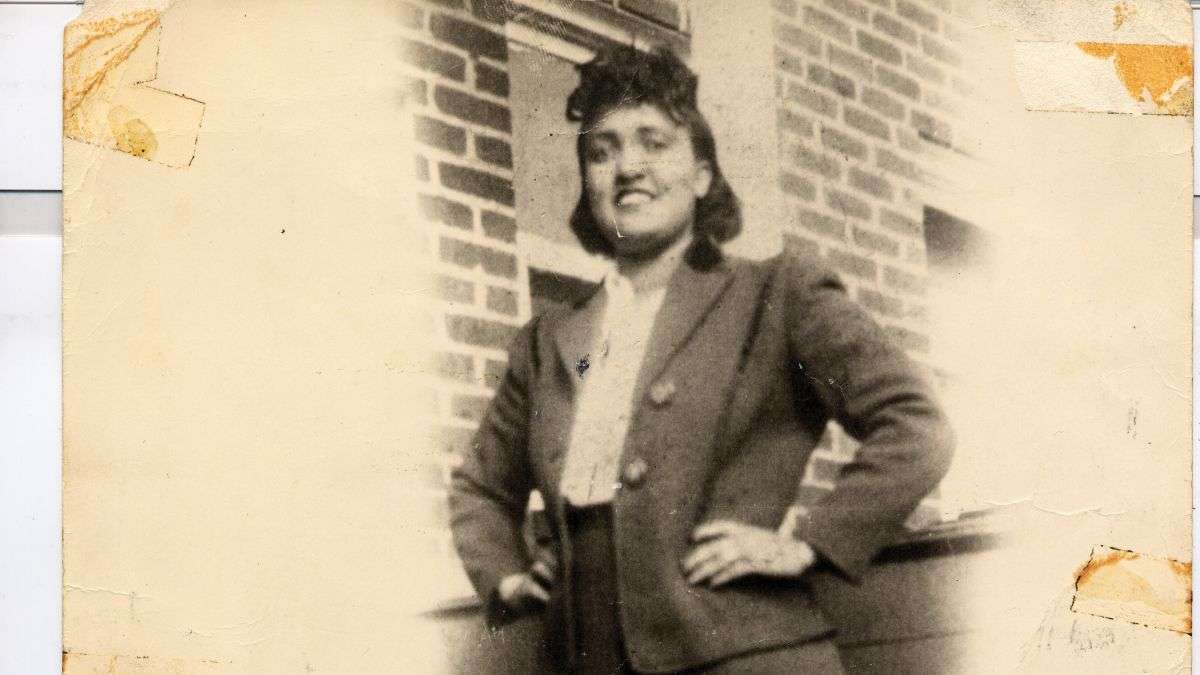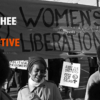In February 1951, a young African-American woman by the name of Henrietta Lacks was diagnosed with an aggressive form of cervical cancer. Unbeknownst to her, cells from her specific cancer were extracted and sent to a lab to be studied.
These cells would be given the name He La and would lead to major advancements in medical research. While the cells helped push the scientific field forward, they were unethically obtained and used. The blatant disregard for Lack’s consent echoes a long history of disregard for black bodies in the medical and scientific field.
In this episode of Black History In Two Minutes or So hosted by Henry Louis Gates Jr., with additional commentary from Hasan Jeffries of Ohio State University, we explore how the morally questionable obtaining of Henrietta Lack’s cells led to medical advancements we still receive benefits from today.















































